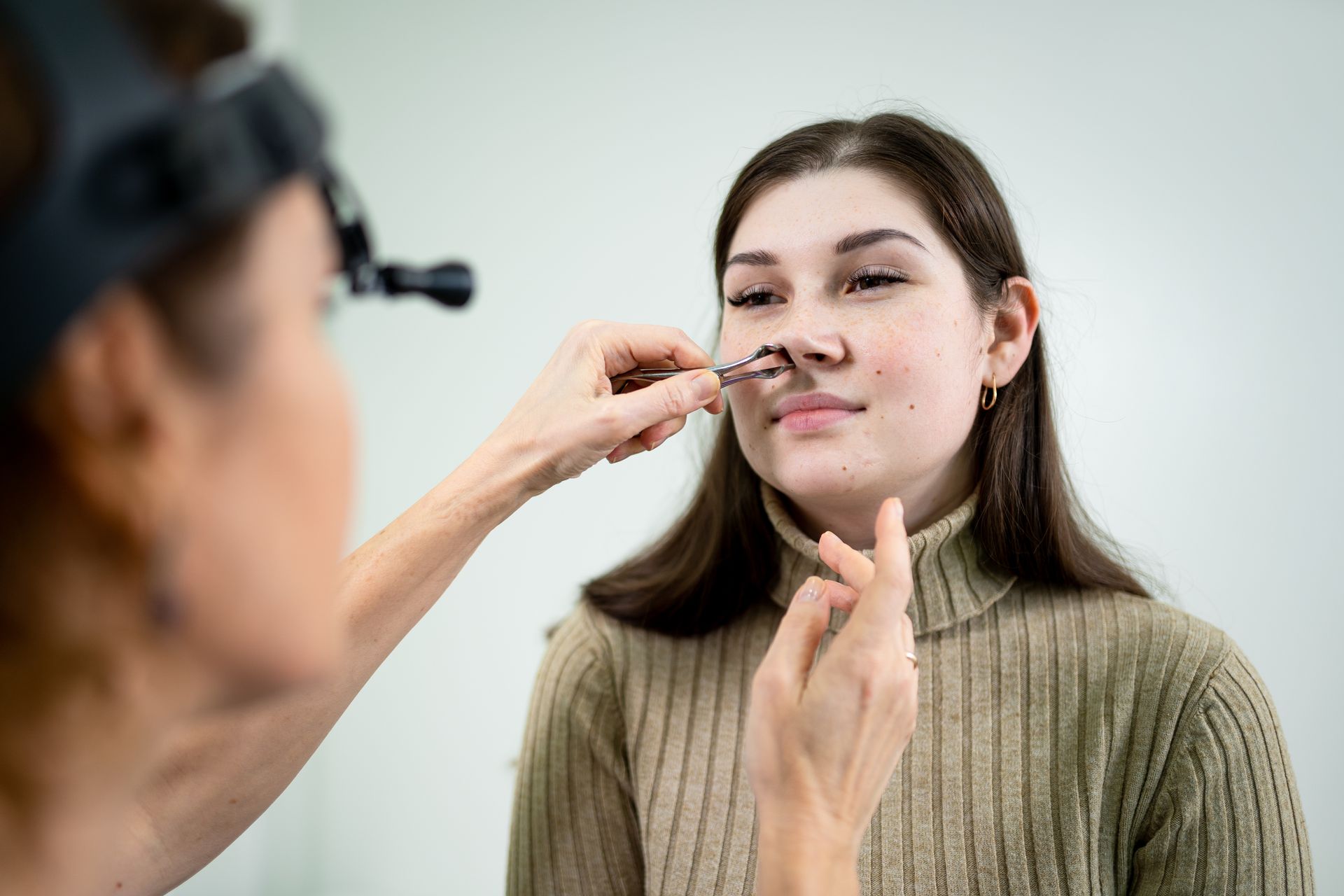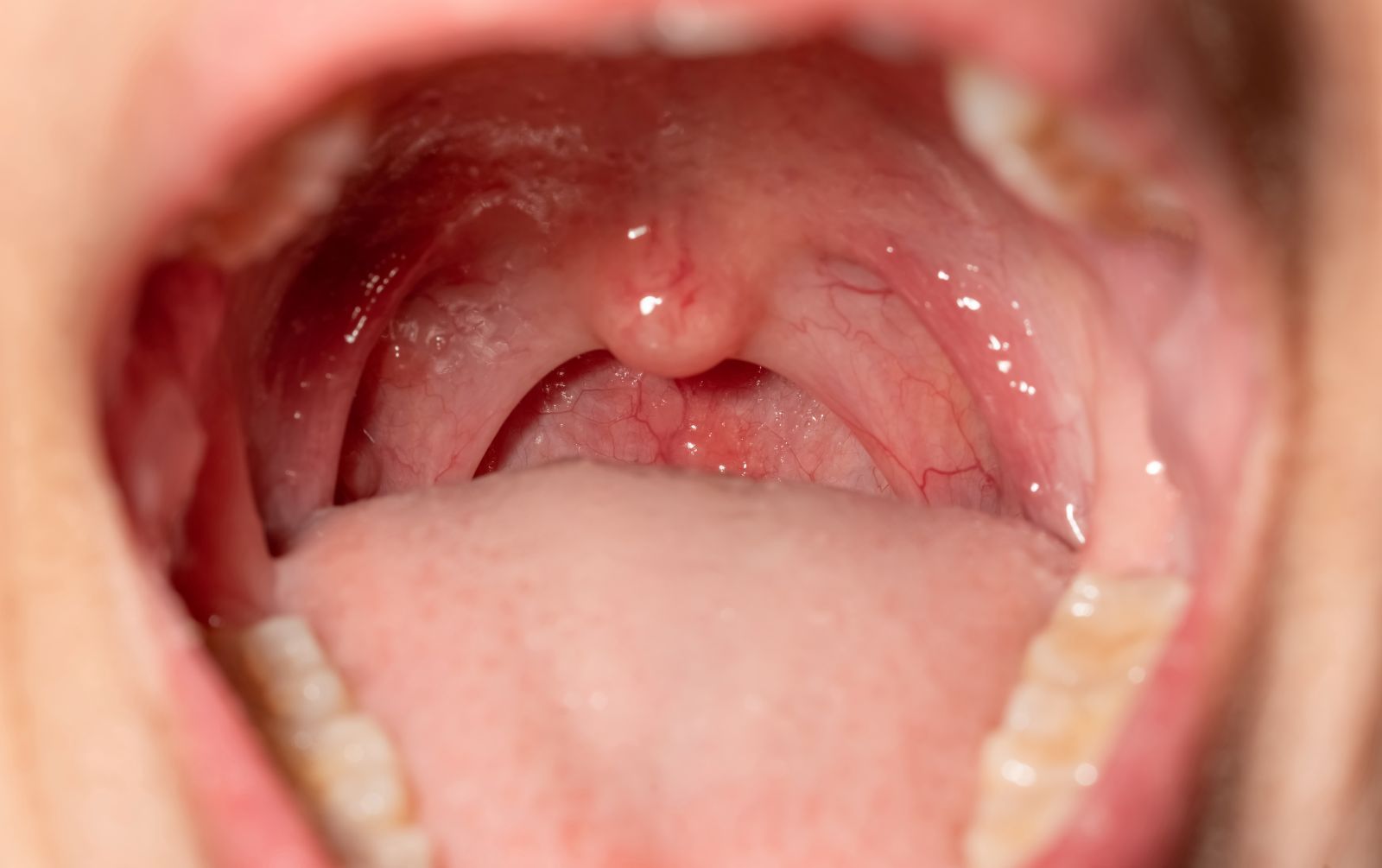Top ENT Issues in Kentucky During Winter
Winter brings with it a host of health issues, especially in states like Kentucky where the temperatures can fluctuate dramatically. The cold season can be particularly harsh on the ear, nose, and throat (ENT) due to the dry air and cold weather. In this blog, we will discuss the most common ENT problems that Kentuckians face during the winter months.
1. Sinusitis
Sinusitis, or inflammation of the sinuses, often becomes more prevalent during Kentucky's winter months. The season is notorious for fostering infections, which can irritate the nasal passages and lead to inflamed and blocked sinuses. Such infections can cause a range of uncomfortable symptoms, including facial pain or pressure, nasal congestion, headaches, and a thick discharge from the nose.
2. Common Cold and Flu
The common cold and influenza are widespread during Kentucky's winters. As people spend more time indoors to avoid the cold, the likelihood of transmitting viruses increases. Symptoms include sneezing, coughing, a sore throat, and sometimes fever, all of which can lead to secondary ENT complications if not properly managed.
3. Sore Throat and Tonsillitis
The cold and dry air during winter can lead to a higher incidence of sore throats. Additionally, viral infections such as the common cold and flu are more prevalent during this time of year. These infections can cause throat irritation, pain, and discomfort. This condition is especially prevalent in Kentucky due to indoor heating systems that dry out the air. Drinking plenty of fluids, using lozenges or honey to soothe the throat, and practicing good hand hygiene can help prevent and alleviate sore throat symptoms. Winter is also a season when tonsillitis tends to be more prevalent.
4. Ear Infections
Ear infections can occur due to many factors, including bacterial or viral infections. These infections often manifest through symptoms like ear pain, fluid accumulation in the middle ear, reduced hearing capabilities, fever, and irritability, particularly among children. The cold climate prevalent in Kentucky during winter can heighten the vulnerability to ear infections due to variations in air pressure and the body's immune response to cold temperatures.
5. Nosebleeds
The combination of cold air outside and warm, dry air inside can cause the lining of the nose to dry out and crack, leading to nosebleeds. This is a particularly common problem during Kentucky winters when heaters are used extensively.
Winter in Kentucky doesn't have to be marred by ENT problems. With proper precautions and care, you can enjoy the season with minimal health issues. Stay warm, stay hydrated, and keep these tips in mind to keep your ENT health in check during the colder months.
If you experience persistent or severe symptoms related to your ears, nose, or throat, see an ENT specialist. At Kentuckiana ENT, our specialists can provide you with proper diagnosis and treatment options tailored to your specific needs. Contact us to schedule an appointment.













